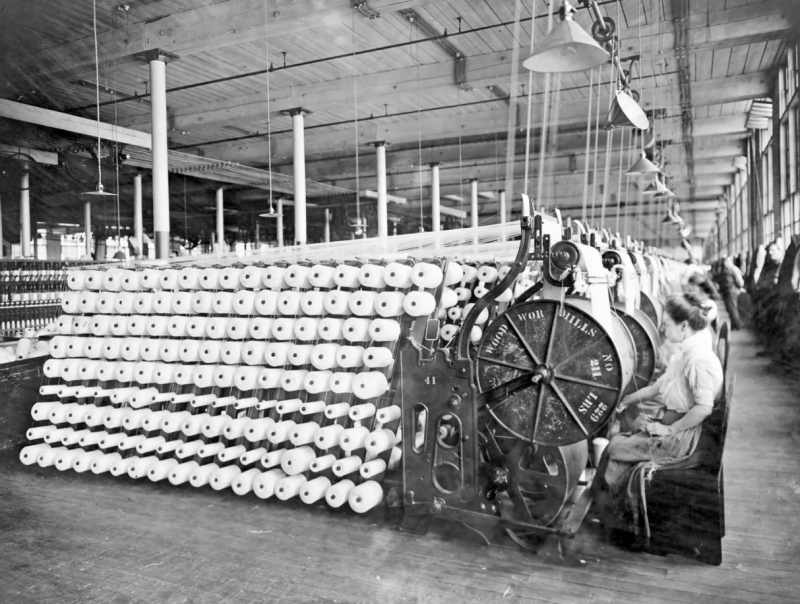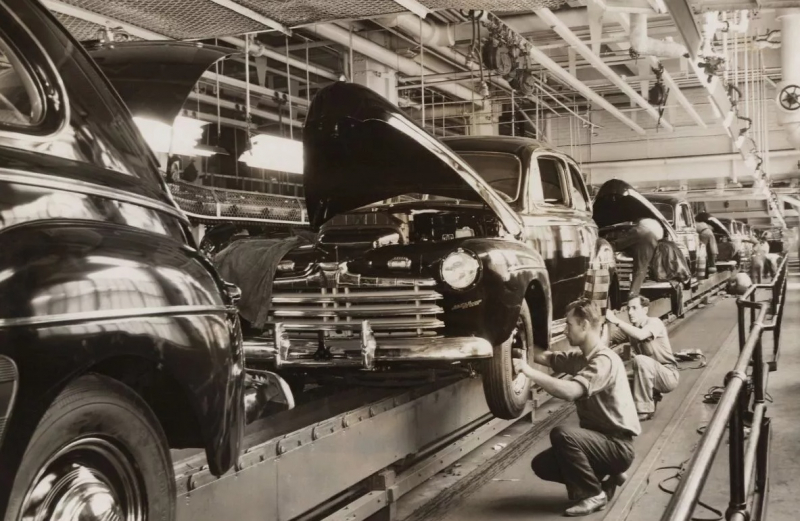The Rise of the Machines
The Industrial Revolution, a period in which rural and handicraft economies were rapidly replaced by industrial and machine-manufacturing economies, began in the 18th century in the United Kingdom and expanded to many other regions of the world. This economic upheaval transformed not only how work was done and things were created, but also how people interacted with one another and with the earth as a whole. This massive shift in social organization is still going on today, and it has had a number of consequences that have reverberated throughout the political, ecological, and cultural realms of the planet.
According to Britannica, the rise of the machines included the following: the use of new basic materials, primarily the iron and steel, and the use of new energy sources, including both fuels and motive power, such as coal, the steam engine, electricity, petroleum, and the internal-combustion engine; the invention of new machines, such as the spinning jenny and the power loom, which allowed for increased production with a lower expenditure of human energy. The steam locomotive, steamer, automobile, airplane, telegraph, and radio were all significant advancements in transportation and communication, as was the expanding application of science to industry. These technological advancements enabled a massive expansion in the usage of natural resources as well as mass production of manufactured items.
The quick manufacturing of hand tools and other useful objects resulted in the invention of new types of equipment and vehicles for transporting goods and people. With the development of road and rail transportation, as well as the invention of the telegraph (and its associated infrastructure of the telegraph -and later the telephone and fiber optic- lines), advances in manufacturing, agricultural harvesting, energy production, and medical techniques could be communicated quickly between interested parties. Labor-saving machines such as the spinning jenny (the multiple-spindle machine for spinning wool or cotton) and other inventions, particularly those powered by electricity (such as home appliances and refrigeration) and fossil fuels (such as automobiles and other fuel-powered vehicles), are also well-known Industrial Revolution products.










